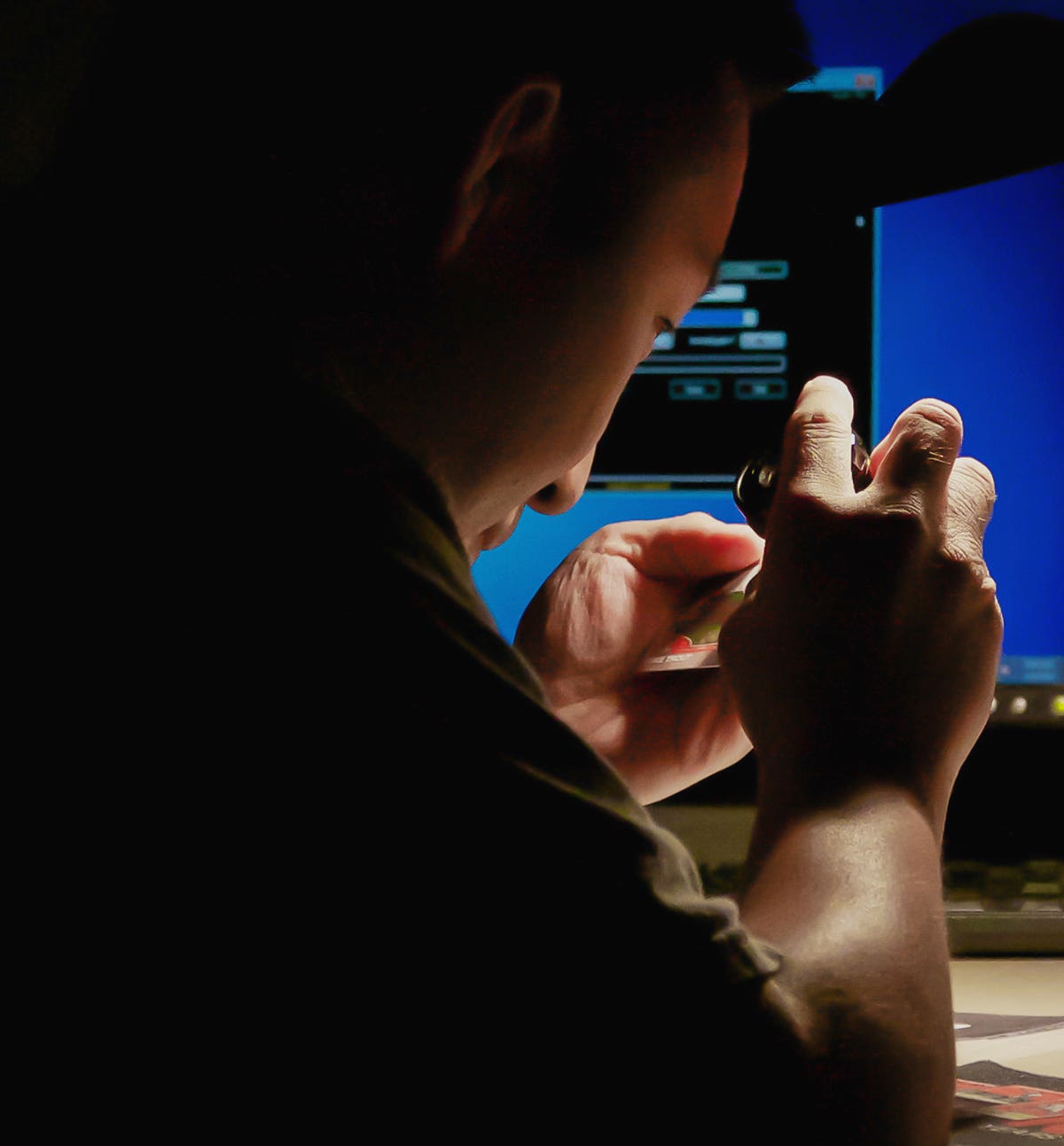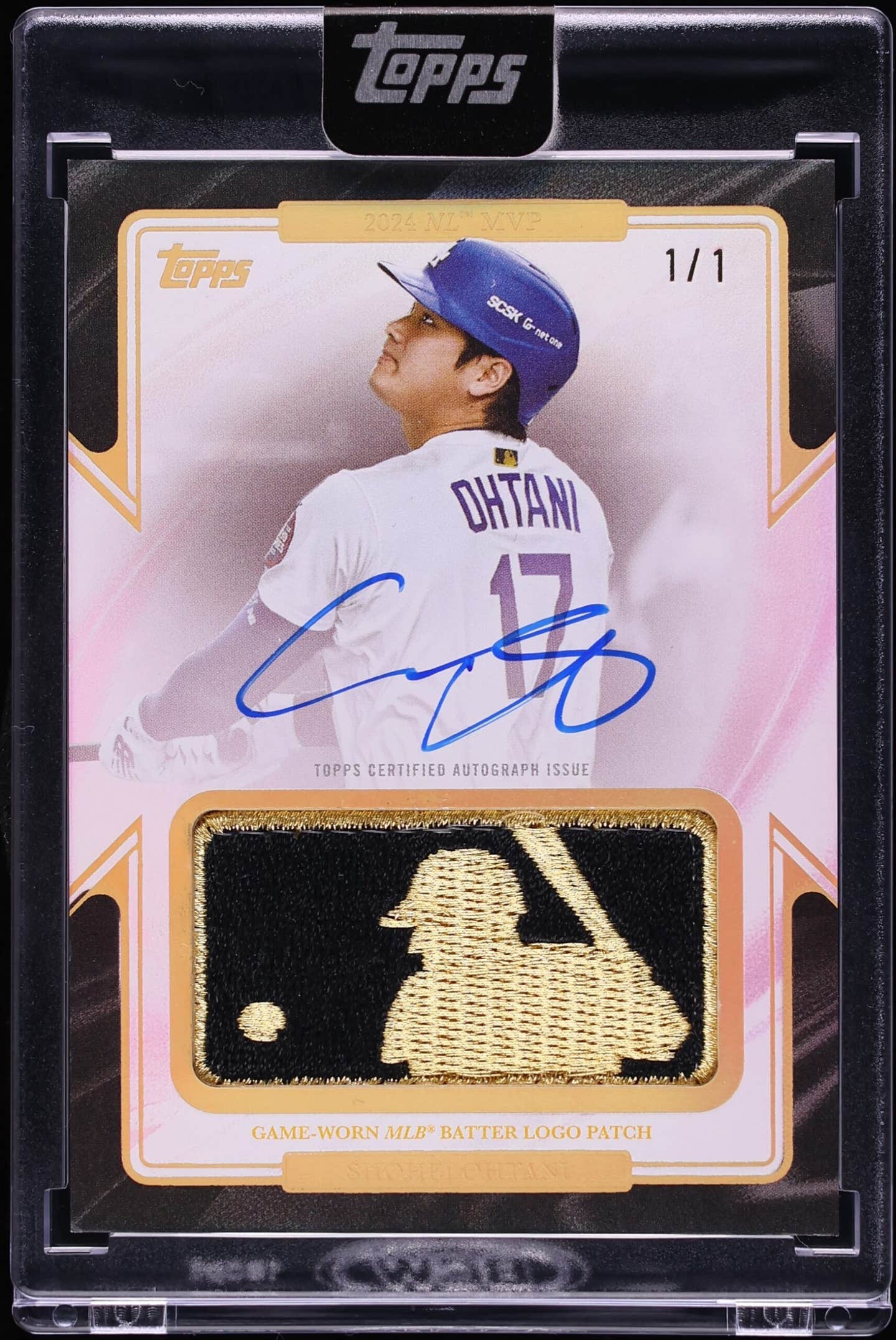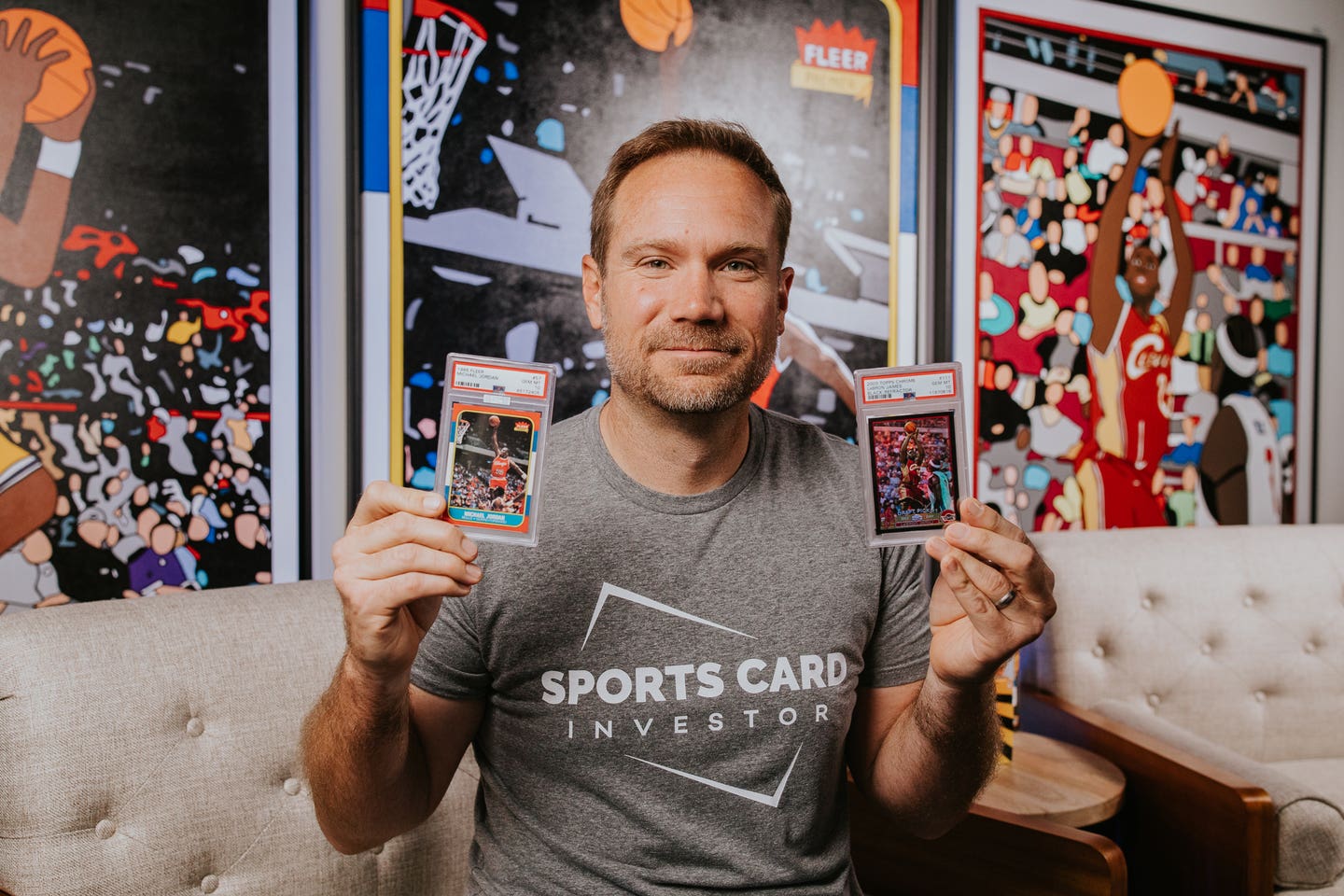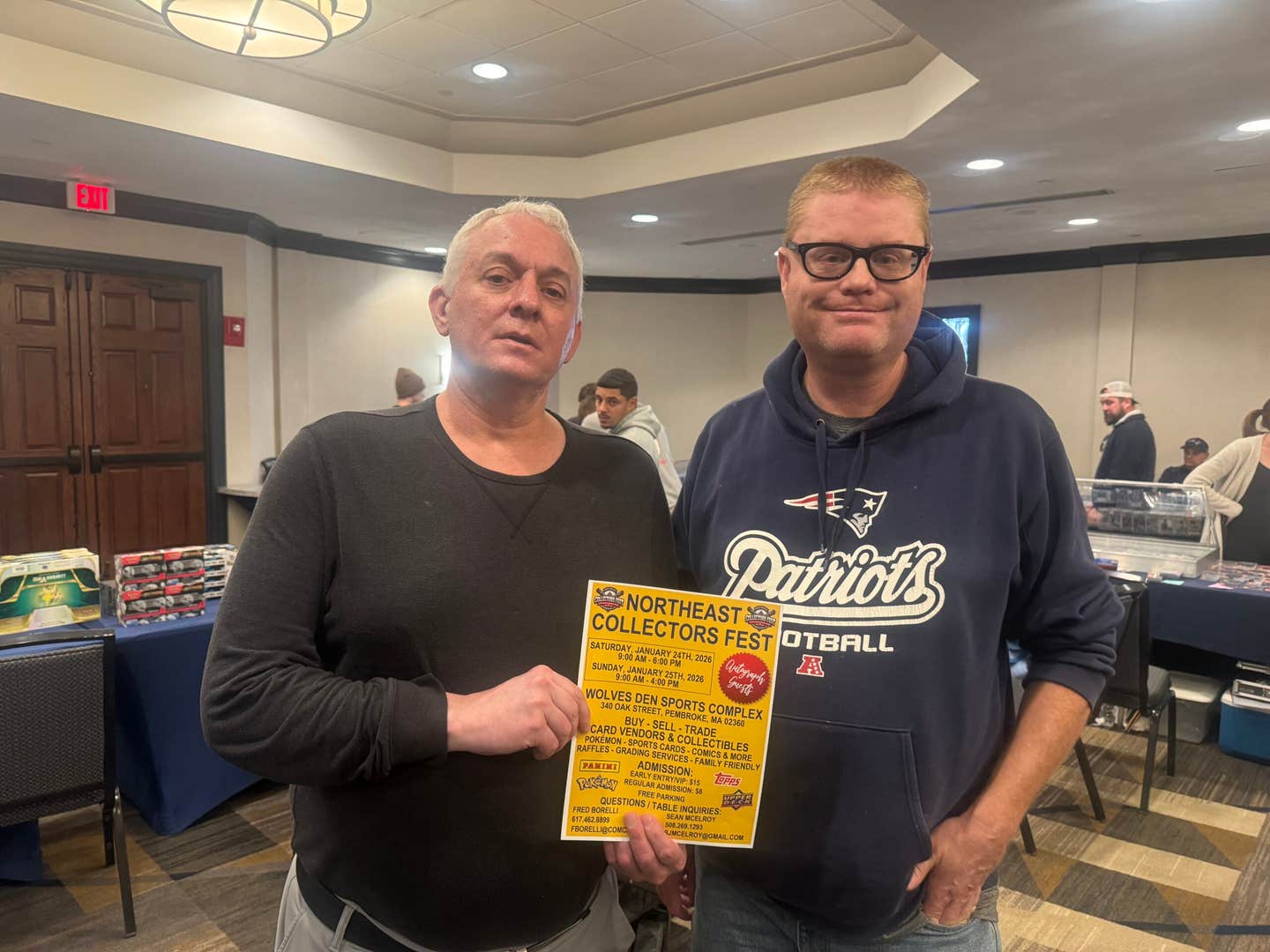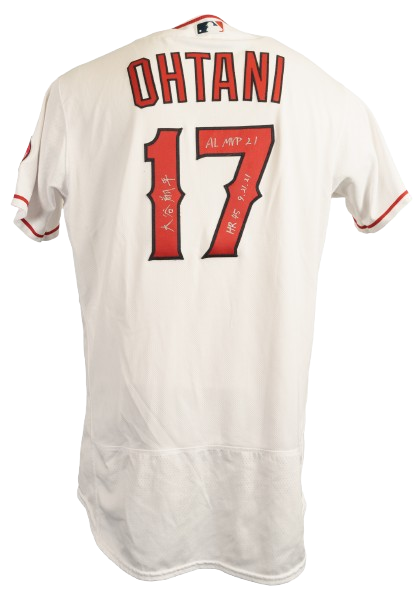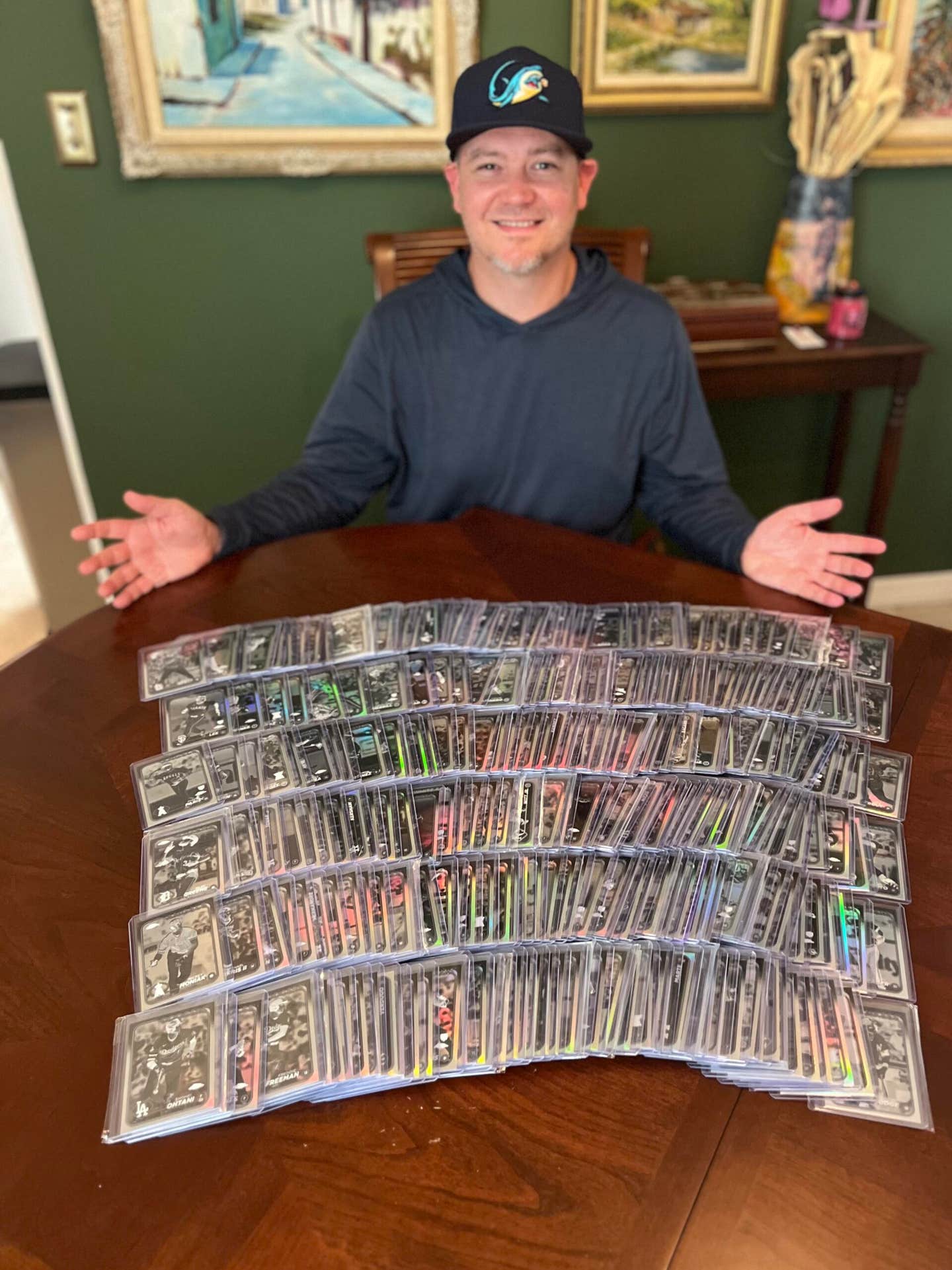Collecting 101
Morgan says Miller’s HOF exclusion unfathomable
Younger fans probably hate to hear such things, but for my money there has never been a World Series even in the same ballpark - so to speak - with the 1975 clash between the Red Sox and the Big Red Machine.
The historic Series serves as a nice demarcation between the old days ruled by the reserve clause and the dawning of free agency, which also neatly serves to mark the coming end of the ability of a ballclub to pencil the same core guys into a lineup every day for several years in a row.
No team personified that notion more than the Reds, and despite being flanked by a host of eventual Hall of Famers, no ballplayer better serves to represent that legendary aggregation than Joe Morgan.
The Hall of Famer/broadcaster/Hall official has long since parlayed that august status into a role as one of the game's great ambassadors. He is the vice chairman of the board of the Hall of Fame, and has long been actively involved - and outspoken - about the process of voting by the Veterans Committee.
Now as the Hall awaits the results of the 2007 Veterans vote (late February announcement), Morgan talked with me about the future of the current system and whether it even holds out the possibility of enshrining any of the great ballplayers who have exhausted the eligibility with the baseball writers.
"About six or seven years ago we decided as a board to change the way the Veterans vote was done. Before we had some owners, a couple of players and writers who did the voting," Morgan explained about the old system. "They would be sequestered for a couple of days, talk about the players and then either come out with someone or not."
Hall officials faced a bit of grumbling from the media and some fans at the time that the system had been deemed a bit too malleable. "And then we decided that there was a better way. Well, I don't think that it was a better way, but the board did, and I only get one vote," Morgan continued in explaining the switch to the current system.
"We decided that the living Hall of Famers should have a vote - and I agree with that. And the living Spink Award winners - and I agree with that. I agree with the process of how we do it, I just don't agree about how we choose the people who are on the ballot."
If you agree that perhaps before the pendulum has swung a bit too far in prying open the door to the Hall, the current beef is that the new system may make it all but impossible to ever get a consensus. Under the new procedure, the Veterans Committee has come up without an inductee in the last two tries, 2003 and 2005, with the voting for Veteran ballplayers now held every other year. "We decided that the living Hall of Famers should have a vote - and I agree with that. And the living Spink Award winners - and I agree with that. I agree with the process of how we do it, I just don't agree about how we choose the people who are on the ballot."
If you agree that perhaps before the pendulum has swung a bit too far in prying open the door to the Hall, the current beef is that the new system may make it all but impossible to ever get a consensus. Under the new procedure, the Veterans Committee has come up without an inductee in the last two tries, 2003 and 2005, with the voting for Veteran ballplayers now held every other year.
"The ballot is created with 25 finalists or whatever. I personally don't think you are ever going to get anyone elected, because it's hard to have so many people come to an agreement when you have 25 guys to vote on," said Morgan. "I have my favorites, somebody else has their favorites and you end up splitting the vote, so to speak, and it's going to be very difficult to get the 75 percent needed. And so far we haven't been that close to getting there."
According to Morgan, a better idea might be a smaller list, where the living Hall of Famers might be voting on 10 guys instead of 25. "I think you might be able to get it done that way. Pare down the ballot more. I think 25 is too many for the voters to look at."
Under the current system, with no Veteran vote next year, Hall officials have to at least concede the possibility that there might not be anybody up at the podium next year if the BBWAA should fail to come up with 75 percent tallies for Goose Gossage, Jim Rice, Andre Dawson or maybe a couple of others in the 2008 vote.
"After this year we'll take another look at the process. Maybe I am wrong and maybe somebody will get elected this year."
There used to be a lot of arm twisting, or so the legend goes, when the Veterans Committee was smaller, with Ted Williams and Stan Musial allegedly exerting a disproportionate influence on the final outcome. Morgan doesn't know if there's too much of that anymore, or even if it would be as effective, given the number of voters (currently 84).
"Tom Seaver and I will pick up the phone now and then and talk about a couple of guys, but I don't know if anybody else does that. I don't know if there's that much lobbying."
"Jeff Idelson (HOF vice president of communications and education) does a fabulous job of providing information about the candidates," Morgan said. "He creates a resume of their careers that includes information about guys who played in the same era. We do have something to compare them against.
"There are just a lot of guys who are on the borderline and when you have that many it can be very difficult to get a consensus."
Morgan also doesn't understand how there can be any real resistance to electing Marvin Miller.
"I have been a big supporter of Marvin Miller for a long, long time, and there wasn't really a category for him to get in. When this new system came in, I thought it would be perfect for Marvin, because the players would get to vote on him. I thought it was perfect, and I even called him and said, 'Marvin, I think we've finally done something now.'
"He was appreciative, but he said, 'Joe, you never know.' And I was thinking, here we have 60-plus players (61), how can they not think that he did something great for the game and changed their lives? So I thought he was a shoo-in," Morgan said, shaking his head.
"And then I had to be the guy to call him and tell him he didn't make it, so that was tough. I felt obligated to do that because I had called him beforehand to tell him I thought he had a good shot."
Morgan said he was simply blown away that Miller didn't make it (nor did he in a 2005 vote). "I can understand owners and some executives maybe not liking him, but I am talking about the players. We have more than 60 players who get to vote.
"I am even more partial in favor of Marvin, because I worked with him and what he did was just unbelievable for what he did for all of us and for baseball. People forget, they act as though he only did things for the players."
"That's why I have so much respect for him, because I worked with him. The owners just thought he was about take, take, but that's not the way he was. I remember one meeting where he just said, 'We've got to be fair about this.' Just using that word in itself told me more about him than anything else. That was early in my dealings with him. He was trying to make the game what it is today, where it's fairer. The players get paid, the owners make money. Everybody's happy, or everybody should be."
Morgan said he understands that people blame Miller for free agency, but the Hall of Famer insists that free agency has been a good thing for the game. "They act like it's been a bad thing. Every year all the coverage of the player movement keeps us in the papers and on television, otherwise it's all just football in the off-season.
"The players get a chance to find out what they are worth," said the tw o-time MVP. "If people want to blame free agency on anybody, the owners overpaid, but then how do you decide who is overpaid. I looked the other day and Tom Cruise got $70 million for one movie. Is that right? That's what he's worth to that industry."
Morgan conceded that there are a lot of ballplayers that he thinks are overpaid, and there are guys he thinks are underpaid. But for Morgan, whose career was in its second half as the dawn of free agency arrived, sees the equation from a much broader perspective than simply how many millions might be lavished upon modern ballplayers.
"When old-time players would retire, they would be broke. They would work in the off-season. Now guys don't even have to work in the off-season any more," he continued.
"And that's good for baseball, because it was always a sore spot for baseball that people would see that guys would retire after 18-20 years and couldn't pay their rent.
"It could happen to anyone. And Marvin changed all that: he made it better for the owners, he made it better for everybody." He added that before Miller came along there was no padding on the outfield walls, the clubhouse, the travel, everything was in disarray, and Miller did so much in so many areas to make things better.
"I don't care what they say, even the ones who were mad at him before, they shouldn't be. He made the game better. I am astounded to think that there's somebody somewhere who thinks that Marvin Miller shouldn't be a Hall of Famer."
Morgan's view that the Veterans vote might need some tinkering is influenced greatly by the continued exclusion of a number of players from his generation and even before, including a pair that were huge factors in bringing about major changes to the game itself.
"A guy who I have always thought has been shortchanged is Maury Wills. He changed the game. He made it more exciting," Morgan insisted.
Morgan also points out that his own personal philosophy in handling his ballot might be different from how many of his fellow HOFers look at it. "I vote for 10 guys. I think the average is like four," he continued. "I think there are a lot of guys who should be in. To me, if you look at Don Newcombe, or Ron Santo, when you look at these guys you say, 'When I played against Ron Santo, he was one of the best players in the league.' He was the guy.
"Same with Newcombe, if you look at all the stuff he did. He was the first rookie to win a World Series game. He had a fabulous career.
"I think Curt Flood is another guy who did something that changed the whole game. There are a lot of guys right on the borderline."
For Morgan, the frustration about those players still on the outside looking in bears directly on the entire process of the Veterans Committee "second chance" balloting. "And my feeling is, if you are not going to put anybody in, there's no reason to have a committee. And we haven't put anybody in in six years. Bill Mazeroski was the last guy to go in (via the Veterans route) and he was under the old system."
Another old friend of Morgan's, Pete Rose, falls into a different category when it comes to the Hall of Fame.
"I love him like a brother, and we were the two closest guys on the team, but I think it's going to be a long time before Pete Rose gets into the Hall of Fame, and I think that's very unfortunate, as far as I'm concerned," Morgan said.
"I thought (reinstatement) was going to happen around four years ago. Some things Pete has brought upon himself. That book he wrote wasn't the right way to do it when he confessed. It was supposed to be done a different way, but that didn't work out. It would have been better if he had taken responsibility for it right away."
I asked him about the Rose-signed baseballs that surfaced last fall with the "I'm sorry I bet on baseball" inscription. Bear in mind this interview was done several weeks before the Rose-signed "I'm sorry I shot JFK" balls had surfaced. I shudder to think what other tacky permutations in this sordid series are around the corner, and Morgan clearly shares the view that the maneuver, however essentially benign it might appear at first blush, at its essence is nothing more than yet another public relations blunder on Pete's part.
"And this latest thing, with those "I'm sorry I bet on baseball" autographed balls, those are two mistakes that I think pushed (reinstatement) back further," Morgan said with clear exasperation.
"It bothers me, because I am in a very difficult situation because I wear two hats: I am vice chairman of the board of directors for the Hall of Fame, and what that means is I have to protect the integrity of the game. And the other is that he's my friend. And those two things don't work together very much anymore."
It seems the integrity of the game is in pretty good hands with Mr. Morgan.



